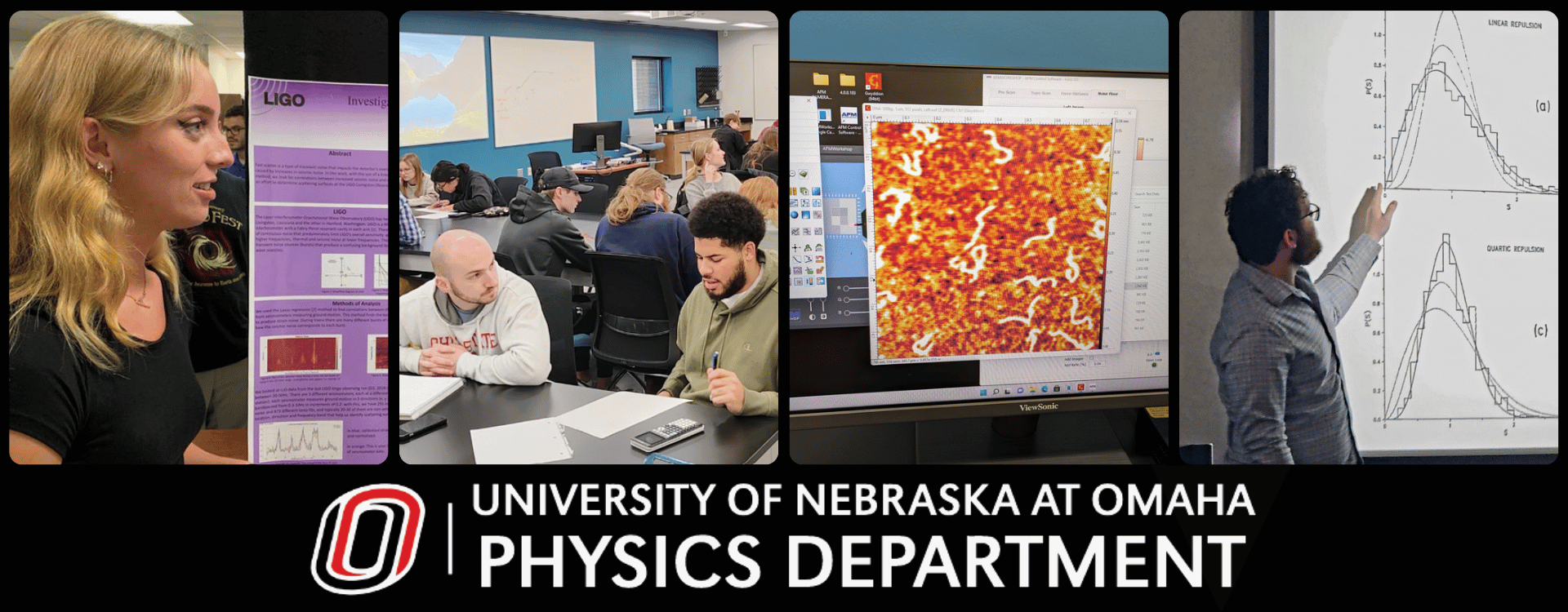
Physics is the flexible STEM degree!
See how Physics can work for you!
Physics is the flexible STEM degree!
See how Physics can work for you!Create new medical devices. Launch rockets into space. Develop a better battery. Explore the universe's origins. That's what our graduates are doing. Where will a physics degree take you?
Meet an Advisor Newsletter Degree Programs Scholarships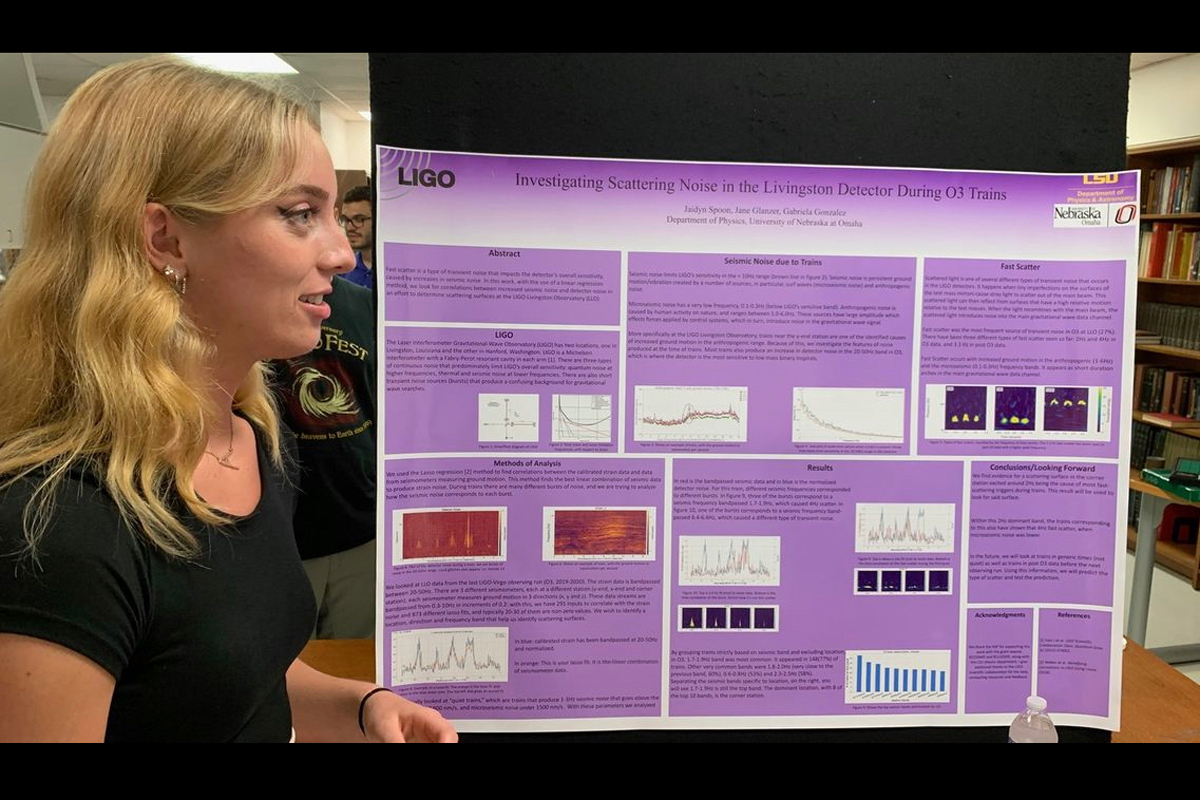
Our students create innovations before graduation. Physics major Jaidyn Spoon published a paper on gravitational waves.
Read Jaidyn's story.Physics is the flexible degree, opening career opportunities in various fields like engineering, medicine, science, technology, and more. Along with the Physics BS degree, we offer concentrations in Biomedical Physics and Physics Education.
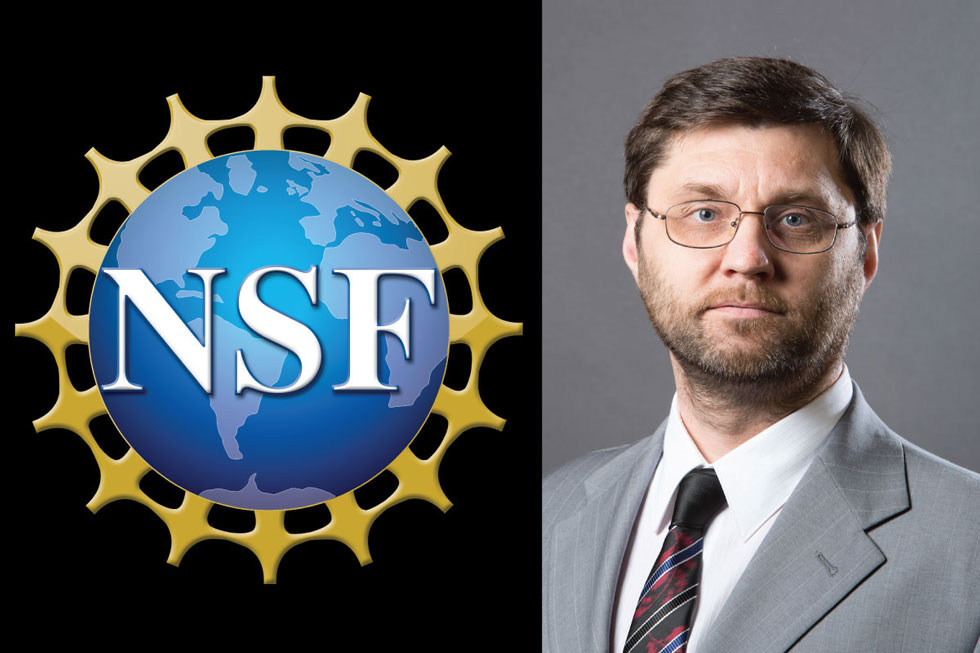
Our faculty lead their fields in research. UNO biophysicist received a grant to study nanomaterials with medical applications.
Get to know our faculty.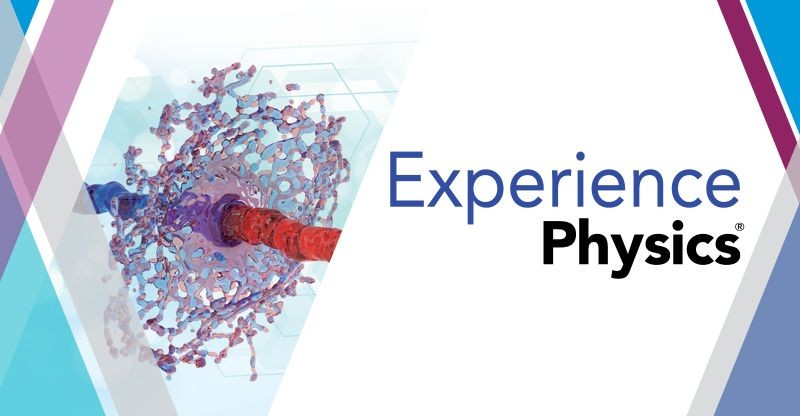
Our faculty are leaders in innovative physics teaching. UNO physicist is author of a best-selling physics textbook.
Explore our expertise.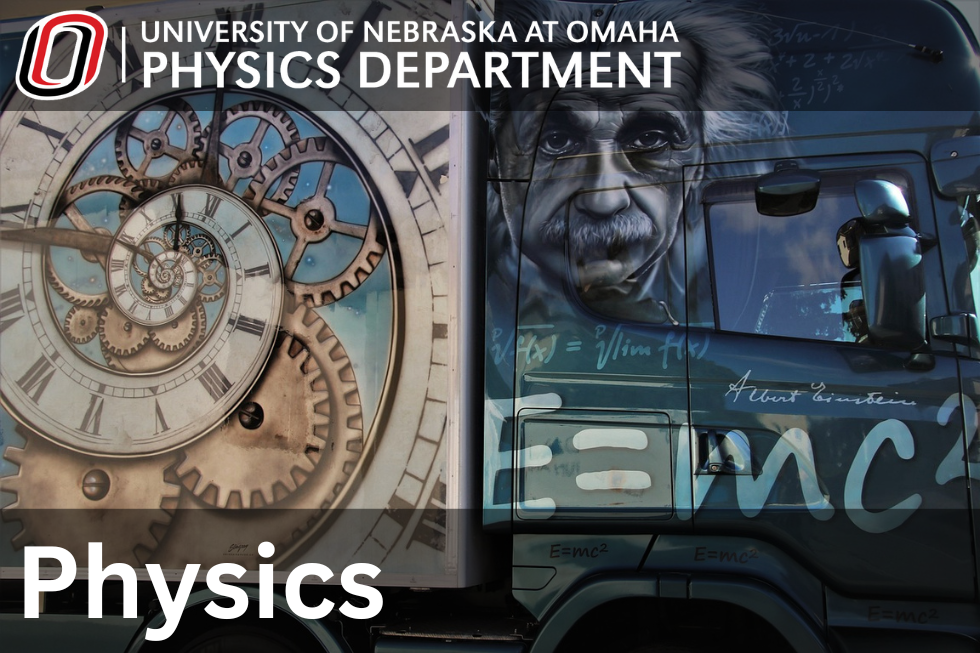
#1 Fastest-growing $100k+ STEM job is physicist, according to Bureau of Labor Statistics data.
19.8% Growth last decade for physicists, more than 4x growth of all occupations.
$62,150 Average starting salary for a recent graduate with a B.S. in physics.
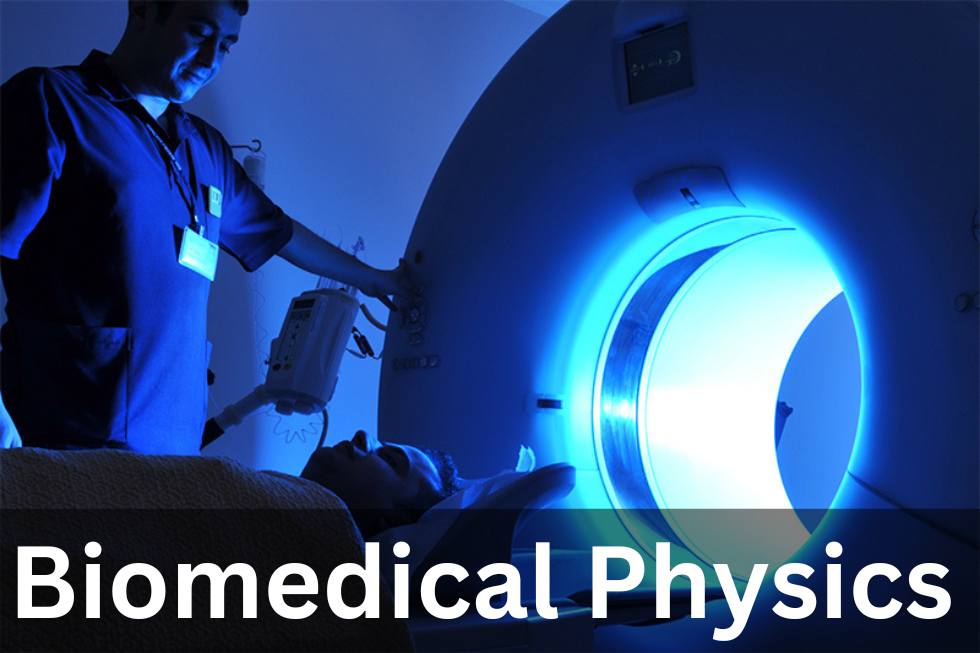
28% Growth last decade for biophysicists, more than 5x growth of all occupations.
50.1% Of Nebraska jobs growth next decade will be in health-related fields
$120k Median salary for medical scientists, such as biomedical physicists.

100% Job placement rate for physics teachers. Most students have a job offer before graduation.
$17,500 Per year scholarships available for UNO physics education majors.
$10,000 More valuable per year, when comparing teachers' retirement plans vs. industry.